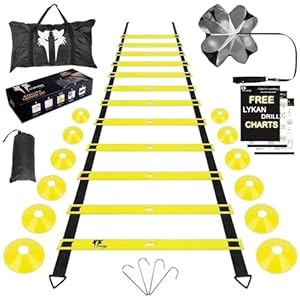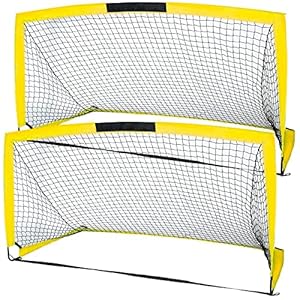
Across the country, youth sports events are meant to be arenas of learning, growth, and joy for young athletes. However, a darker side has emerged in recent years, all too often involving disruptive and dangerous behavior from the sidelines. As a parent myself and a professional working in youth sports, I’ve seen many examples of parents, usually well-meaning, who have increasingly become sources of tension, with incidents ranging from aggressive language to, in extreme cases, violence. Unfortunately, a small subset of parents detract from the values that youth sports aim to instill—teamwork, respect, integrity, and commitment.
In one shocking instance, a Dallas youth football coach lost his life in 2022 after a dispute with a spectator turned violent. In another, a New Jersey baseball umpire, aged 72, suffered severe injuries from an assault by an upset parent. Such cases are not isolated but part of a disturbing trend that has prompted states to consider legislation to protect officials and foster respectful conduct.
The National Association of Sports Officials (NASO) reports that almost 40% of youth sports officials identify parents as the primary source of sportsmanship issues. Further, over 64% of referees have had to eject parents from games—incidents that disrupt the event and model poor behavior for young athletes. States like New Jersey are now proposing laws, such as the “Penalty Box Act,” to enforce stricter penalties for aggressive behavior against officials, underscoring the need for systemic changes to protect all involved in youth sports.
The Influence of Parent Behavior on Young Athletes
A parent’s behavior at sports events significantly affects the experience of young athletes. The environment created by parents on the sidelines can either support or hinder the development and well-being of their children. Here’s how parental conduct plays a pivotal role:
- Setting a Positive Atmosphere: Encouragement, positivity, and parental respect can make youth sports a constructive, enjoyable experience. When parents cheer supportively and avoid undue criticism, they set a tone that uplifts the team, encouraging young athletes to perform their best.
- Modeling Sportsmanship: Children look to their parents as role models, especially in stressful situations. When parents demonstrate good sportsmanship—applauding all players, respecting officials, and maintaining composure in victory or defeat—they teach young athletes valuable lessons about respect, humility, and resilience.
- Prioritizing Development Over Winning: Youth sports are fundamentally about growth, not just on the field but also in character. Supportive parents help their children focus on improvement, personal goals, and love for the game rather than solely emphasizing winning. This balanced perspective fosters a healthier relationship with sports, encouraging young athletes to stay motivated and engaged.
Strategies to Encourage Positive Parent Behavior
Creating a culture of respect and positivity in youth sports requires a proactive approach from all stakeholders. Here are a few strategies that can help:
- Clear Communication of Expectations: Establishing guidelines for parent behavior at the beginning of the season sets a positive tone. Whether through meetings, written codes, or regular reminders, defining respectful conduct helps parents understand their role in supporting a safe, enjoyable environment.
- Parent Education Programs: Providing resources or workshops for parents can make a difference. Topics like emotional regulation, understanding athlete development, and constructive support can empower parents to model positive behavior and become better advocates for their children.
- Fostering a Supportive Sideline Culture: Encouraging parents to cheer for all players, avoid sideline coaching, and respect officials fosters a positive environment. Initiatives like “Silent Sideline” weekends can serve as reminders of the values that youth sports promote.
- Enforcing Codes of Conduct: A code of conduct for parents, with clearly defined consequences, is essential. Parents should be aware that inappropriate behavior has repercussions—from removal from games to season bans for repeated offenses. Enforcing these rules consistently underscores the importance of respect and positivity.
Final Thoughts
Parental behavior at youth sports events can reinforce or hinder the core values that sports teach—teamwork, respect, integrity, and commitment. Youth sports professionals dedicate countless hours to helping young athletes develop, and supportive parent conduct is crucial in creating a positive environment. By working together to promote positive behavior, we can protect and enhance the experience of youth sports, ensuring that it remains a place where young athletes can thrive, enjoy, and grow.
Trending Products










